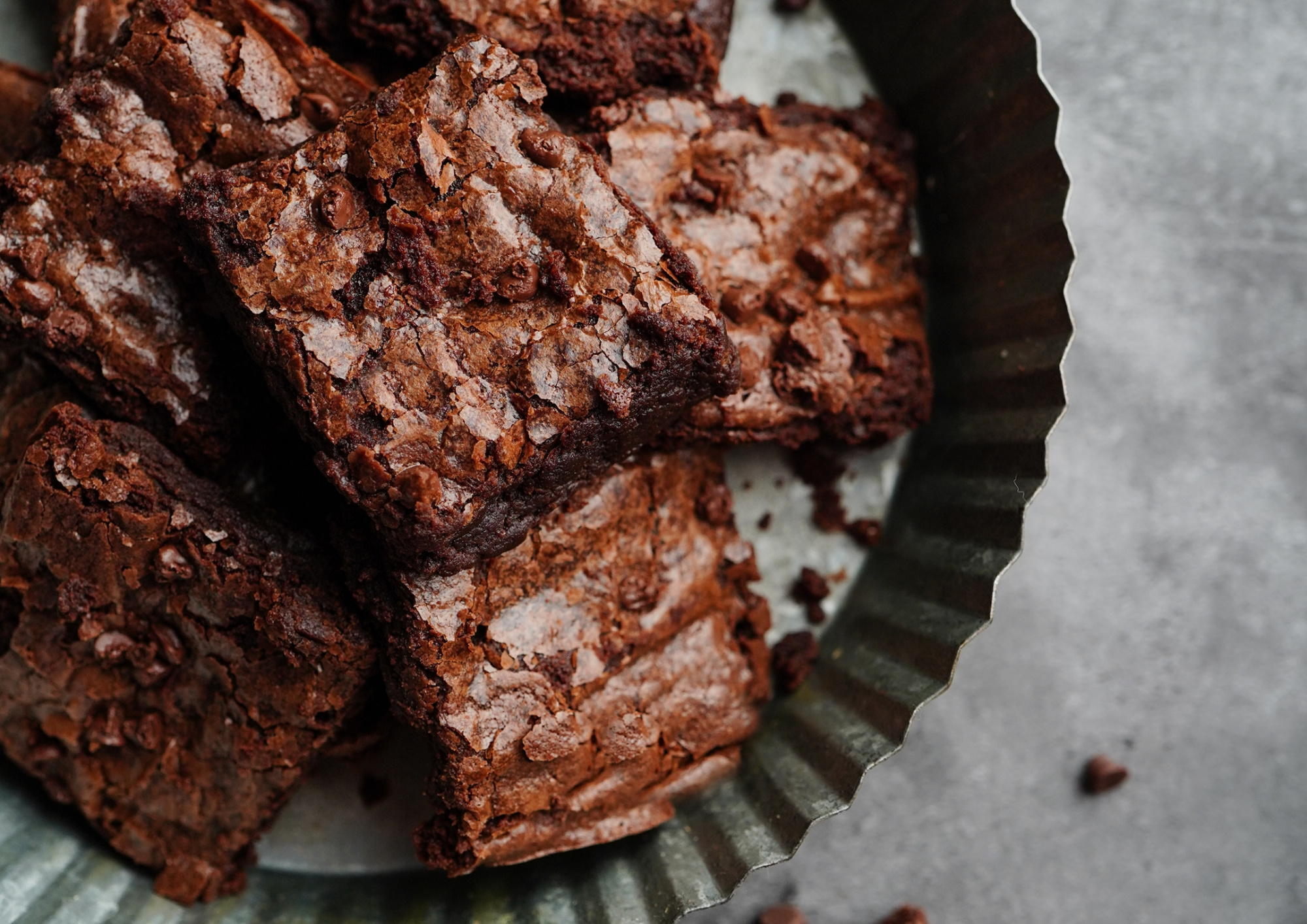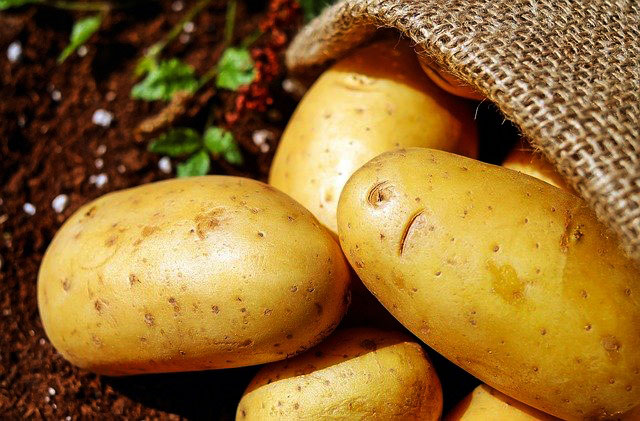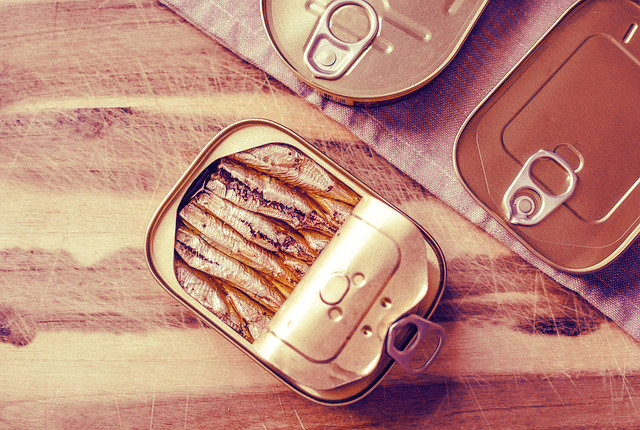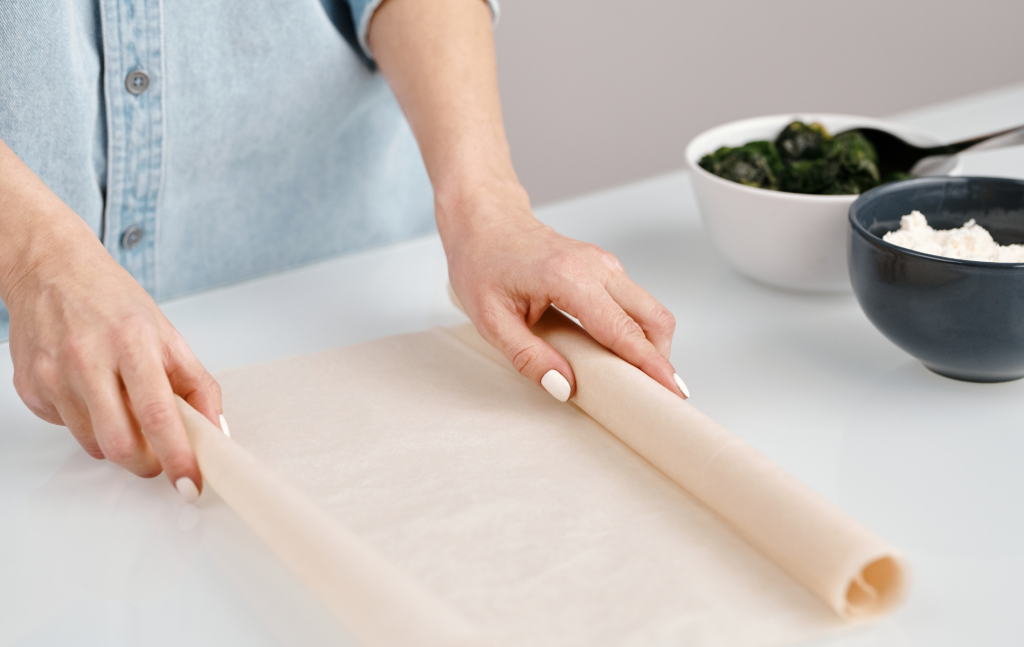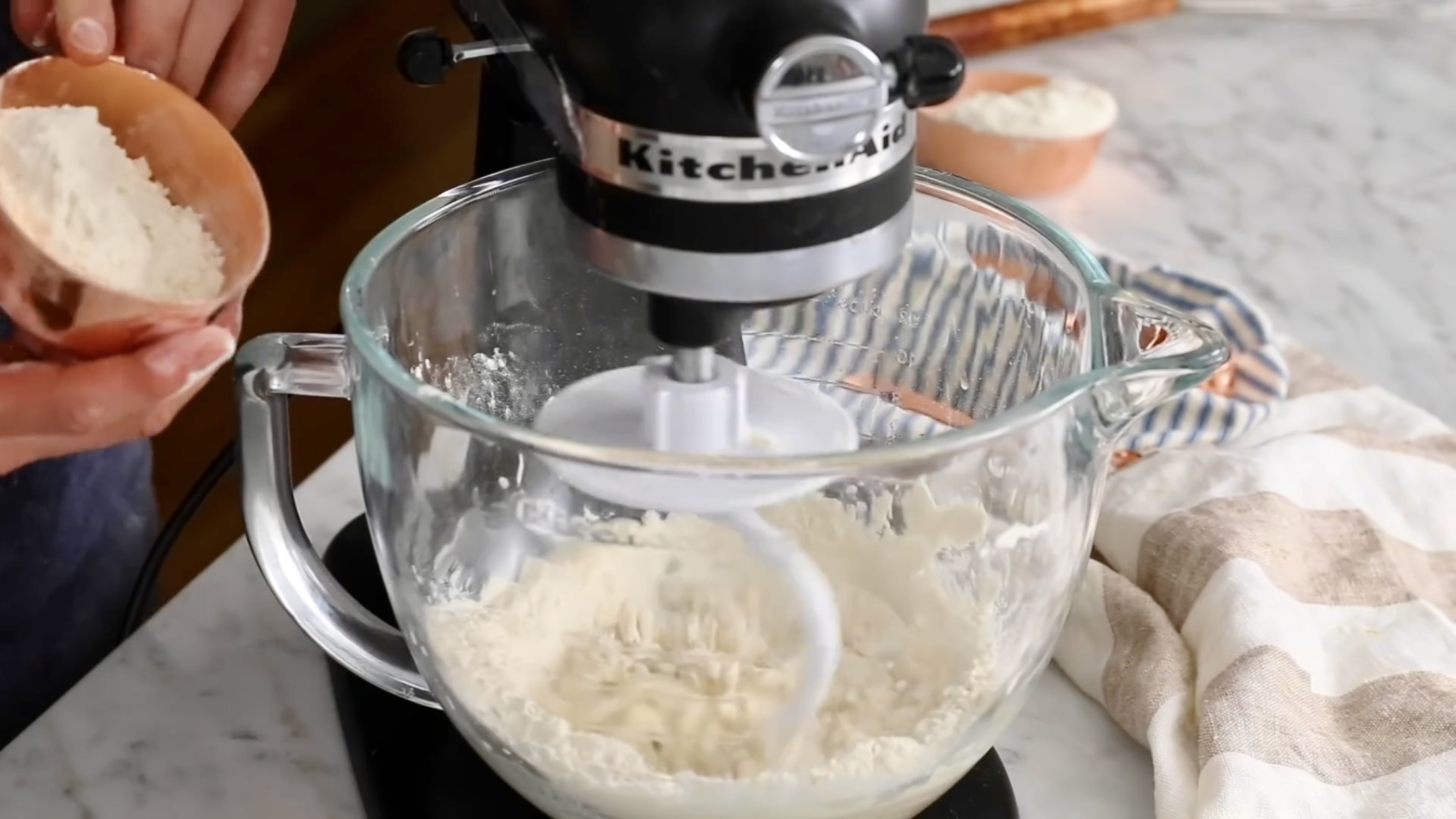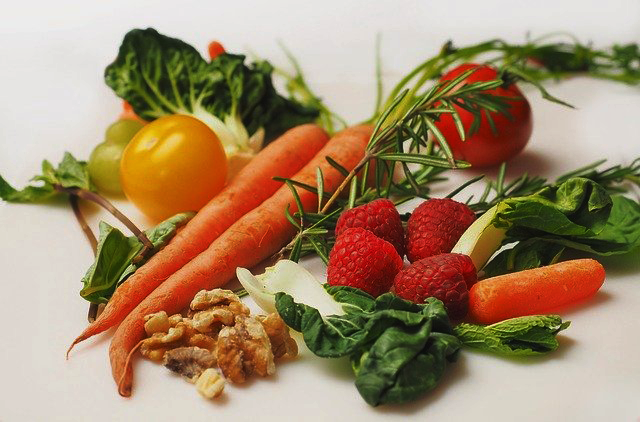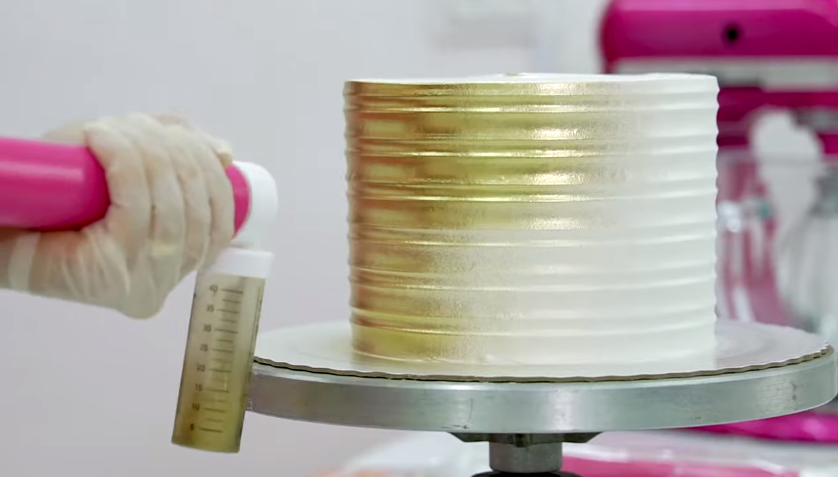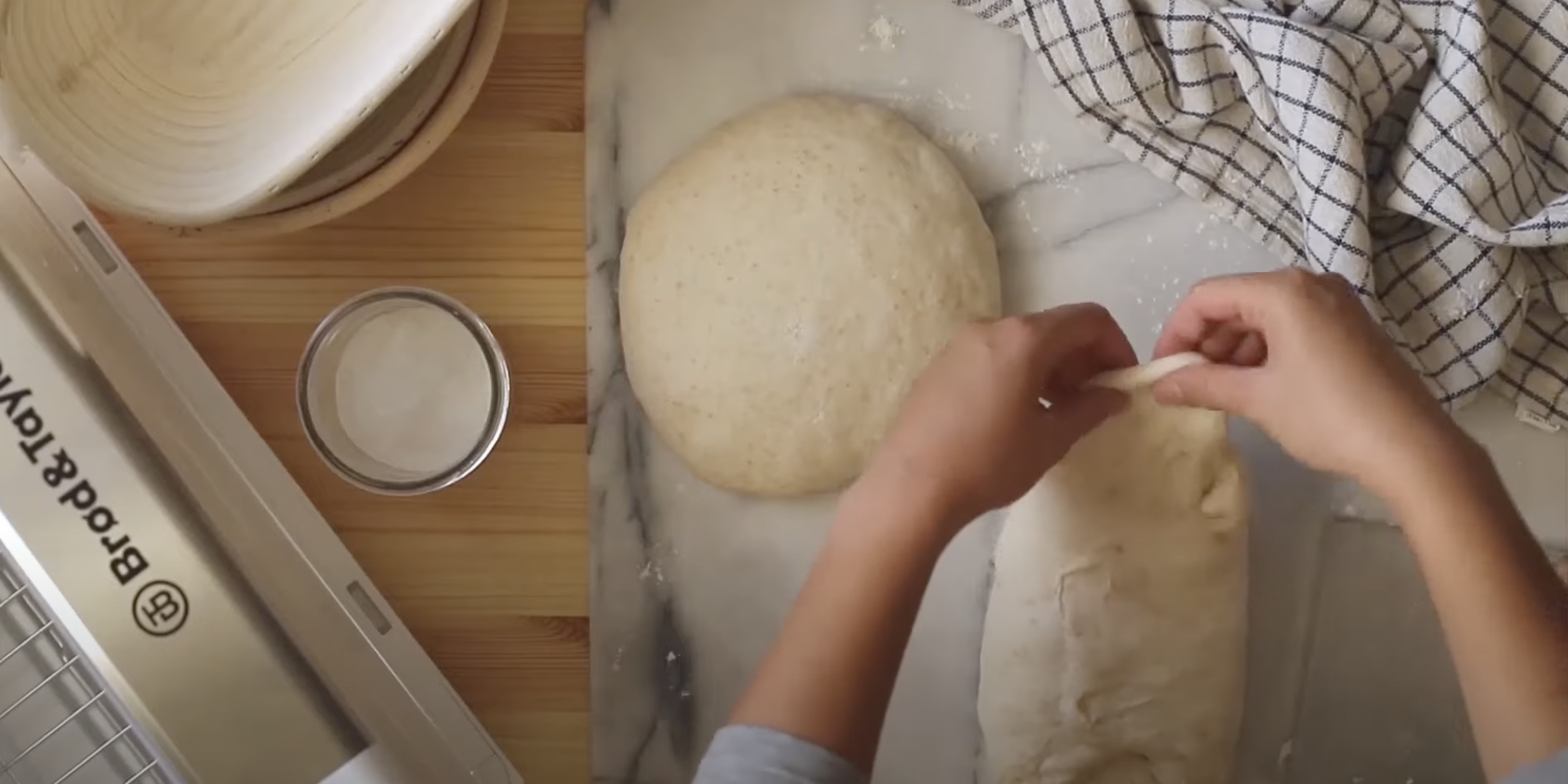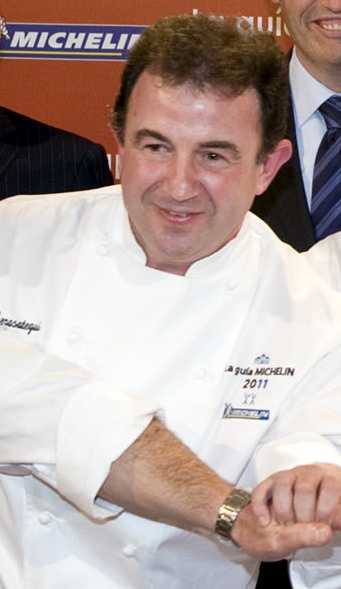Absolutely wonderful question, because we know for a fact that you know that parmesan cheese is really a nickname commonly used for Parmigiano-Reggiano cheese, which comes in hunks that are broken from a wheel of cheese that weighs between 84 and 88 pounds. The hunks can then be attacked with a vegetable peeler, which produces shavings of parmesan cheese. These are scattered over whatever wonderful dish you're making, and add amazing flavor, texture, and visual appeal. They are very fragile, so unless you're fairly careful, you'll have parmesan crumbs.
Parmigiano-Reggiano Cheese is essentially a trademarked cheese, made only of cow's milk, made only in the Italian region of Emilia-Romagna, ripened for 12 to 24 months, and inspected before being approved by the officials or the very strict consortium that makes and sells the cheese. The only non-cow product it includes is salt.
There are some cheeses made in this country and other countries that are called parmesan cheese, but no matter how good they may be (and generally they're not very good), they are not Parmigiano-Reggiano cheese. Some people – and we know for a fact that this does not include you – believe that pre-grated parmesan cheese sold in a canister or tube or found in a sprinkler on a table in an Italian restaurant is real parmesan cheese. Almost inevitably it is not.
Parmigiano-Reggiano is not inexpensive. If you can find it for $10 a pound, snatch it up. For the past several years, it has been in the $16-per-pound range.
Real Parmigiano-Reggiano cheese is amazingly complex. There is a similar wonderful Italian cheese called Grana-Padano, which is produced in the same-sized wheel and which we at Ochef absolutely love. But when tasted alongside Parmigiano-Reggiano, it is so much less complex, it has so many fewer flavor notes, that it makes us realize what a treasure real Parmigiano-Reggiano cheese is. We still love grana, but it is not parmesan.
Relatively speaking, the grated and block parmesan cheeses produced in this country can't hold a candle to Grana-Padano, so they don't begin to measure up to real Parmigiano-Reggiano. When Ochef uses the phrase "parmesan cheese," we always mean real Parmigiano-Reggiano. What people purchase when they see the phrase "parmesan cheese" at Ochef is up to them. But we know for a fact that you will take the trouble to find real Parmigiano-Reggiano, because real parmesan shavings will elevate the dish you're making by a factor of ten, if not more.
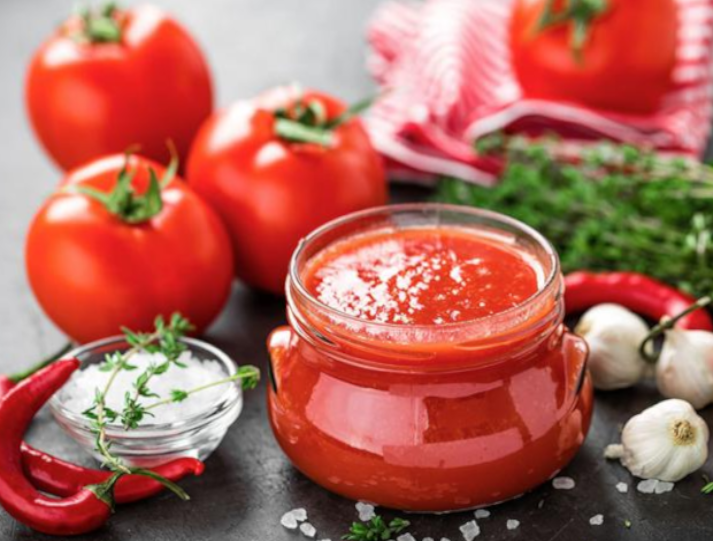
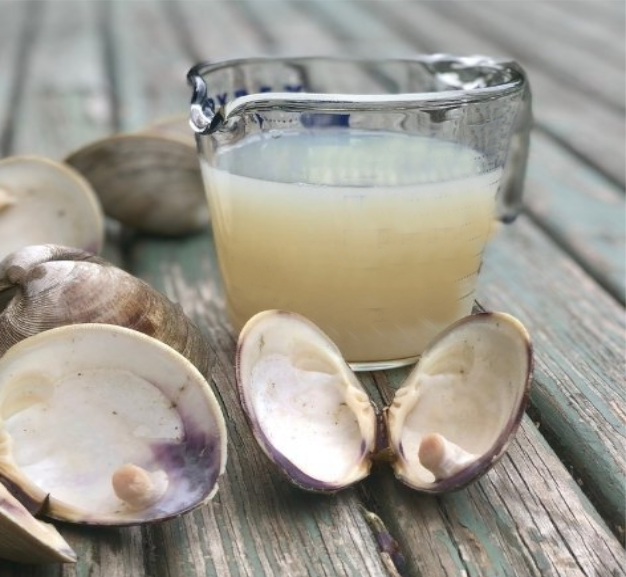
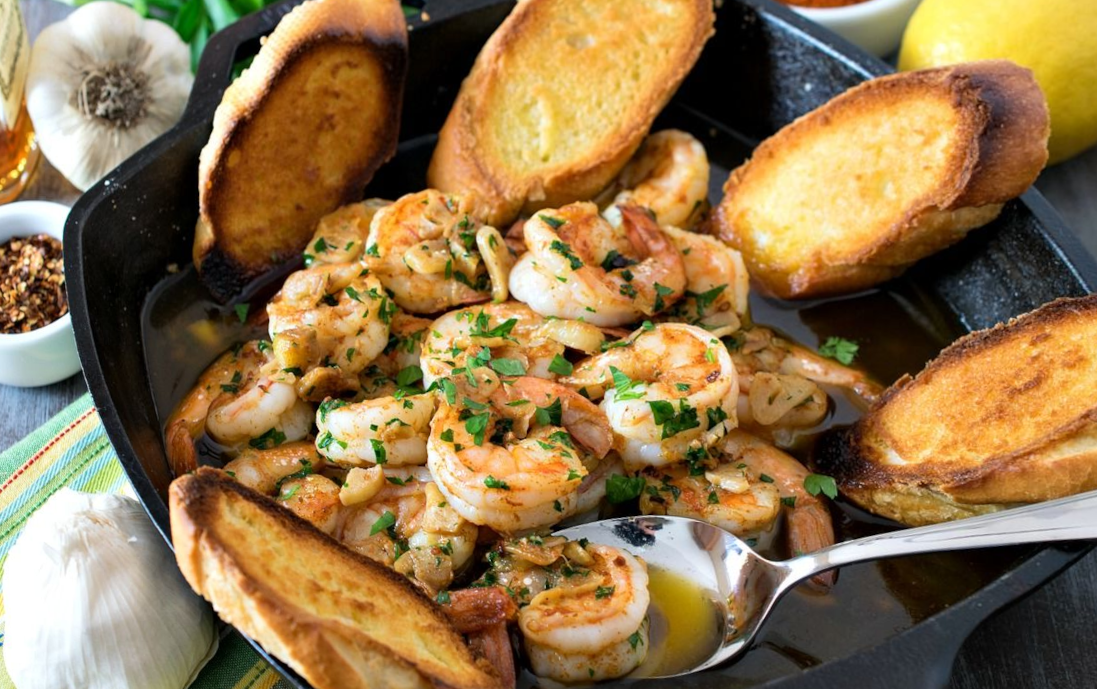

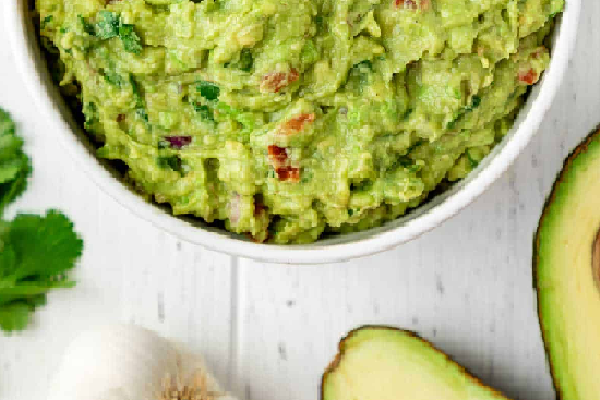
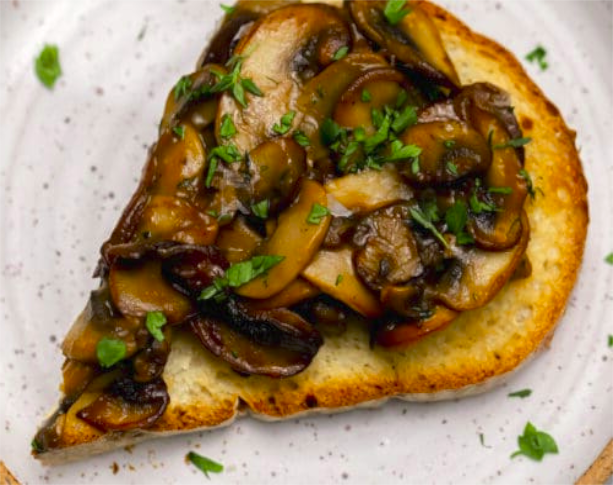
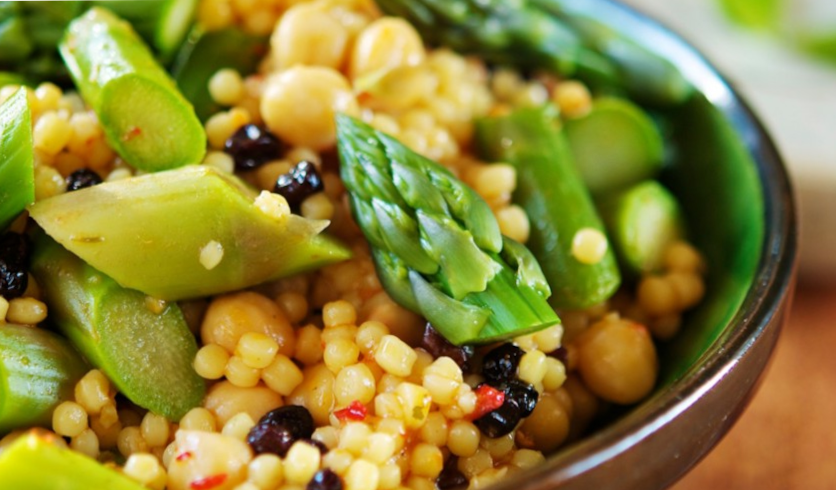
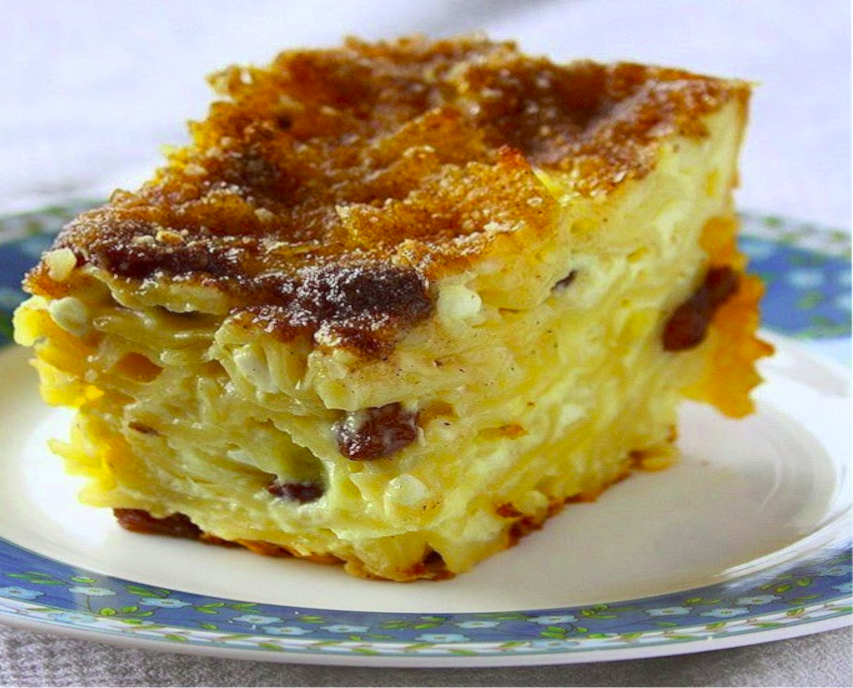
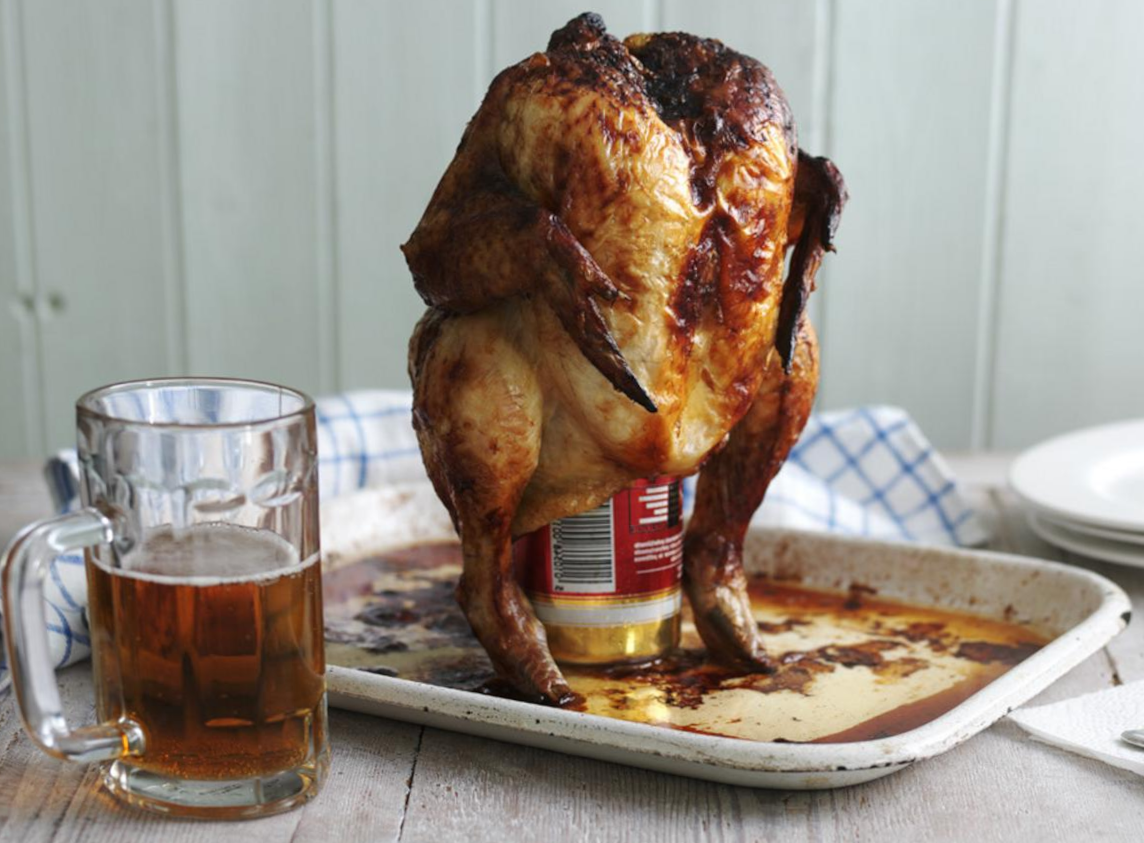

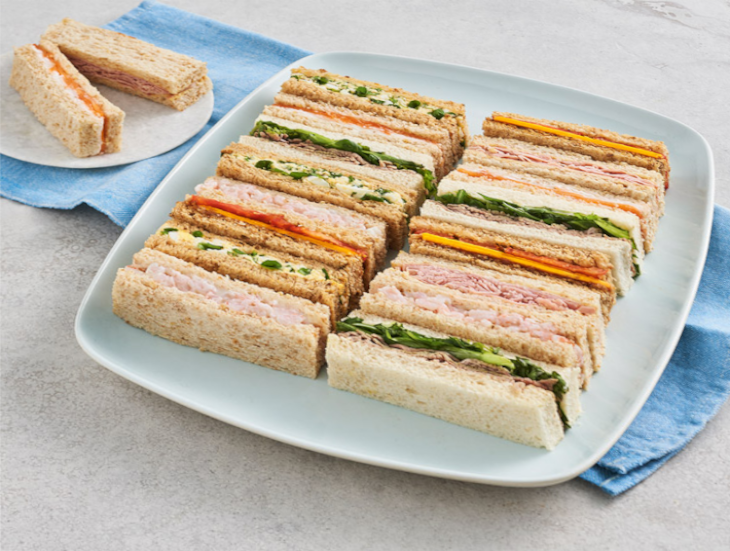



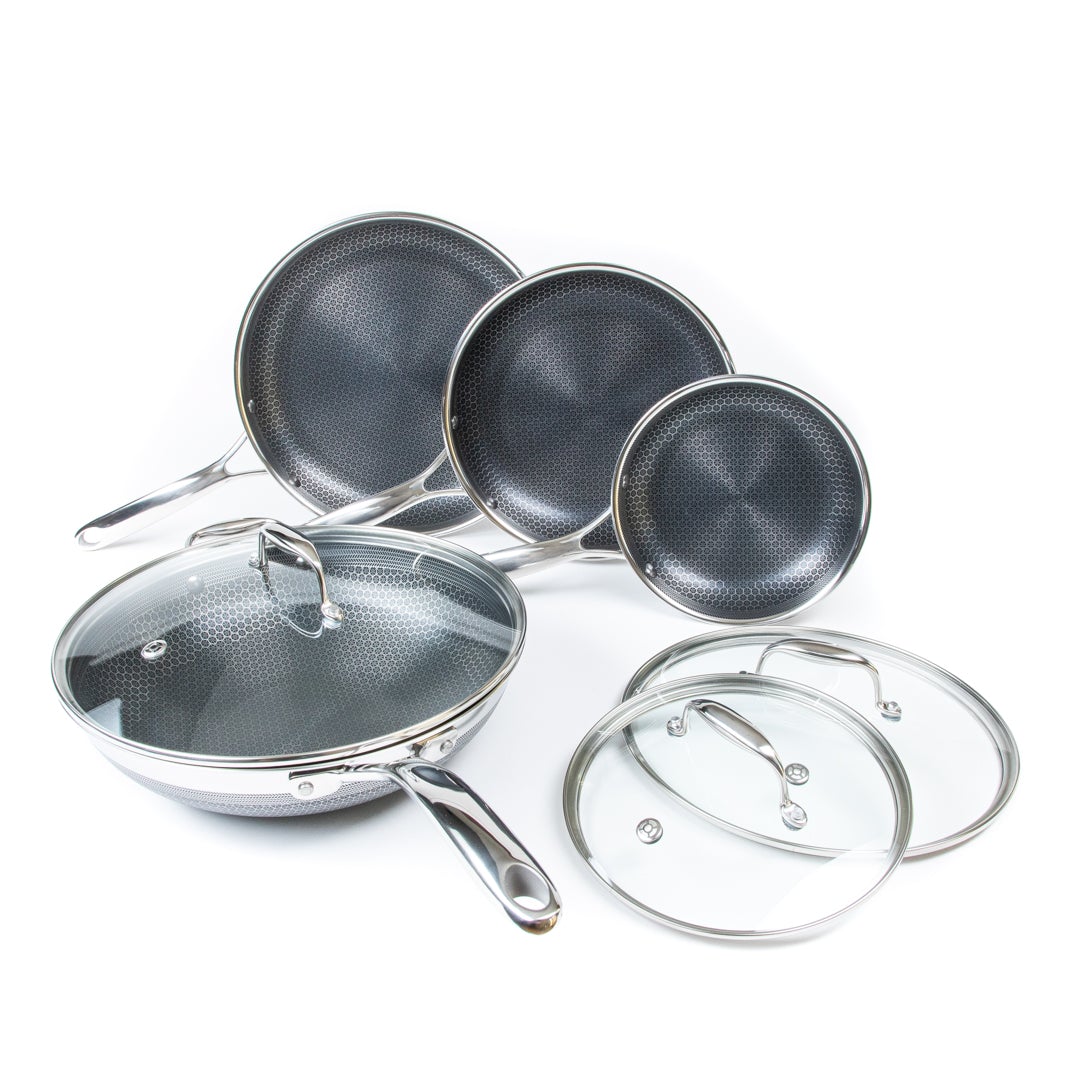
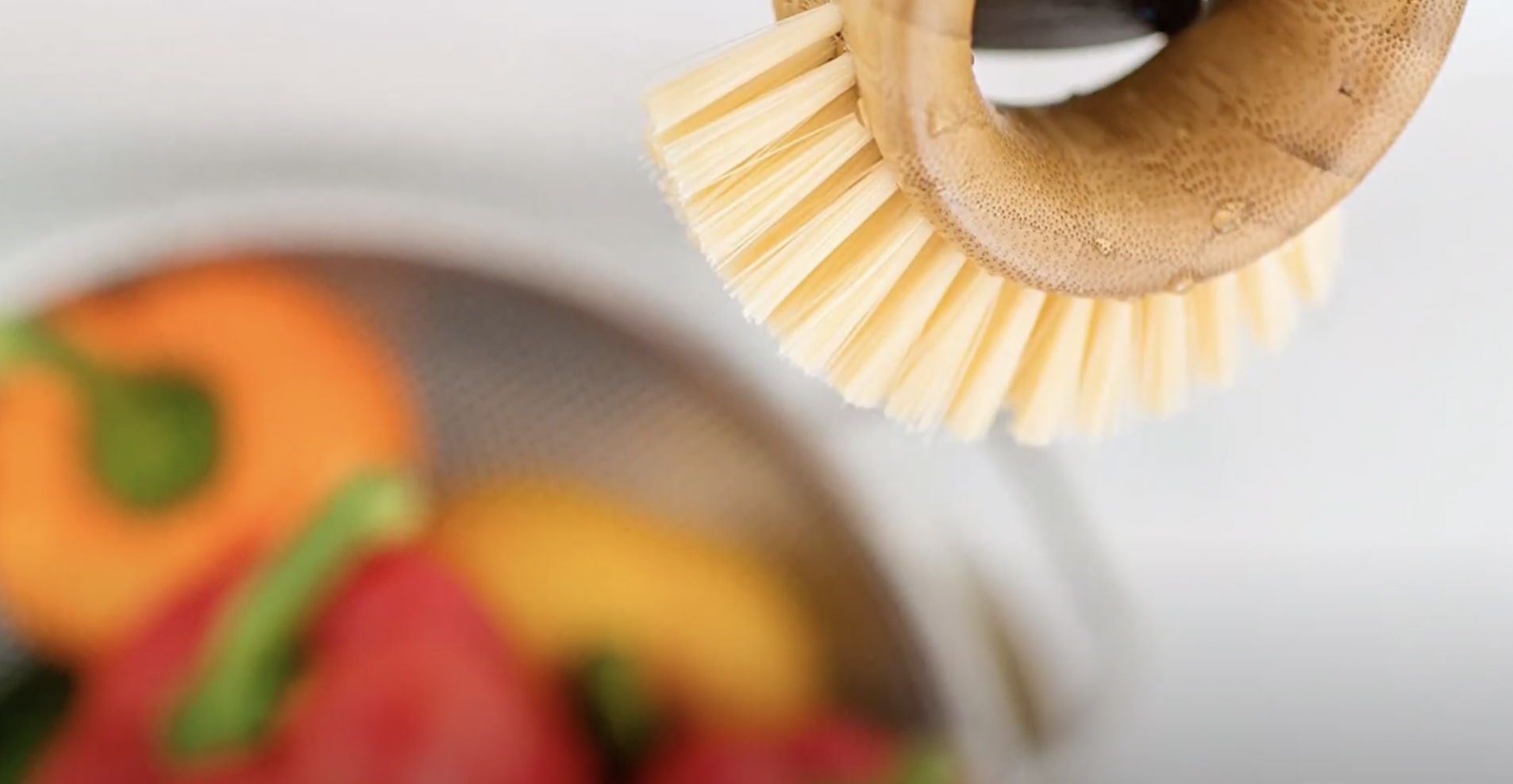
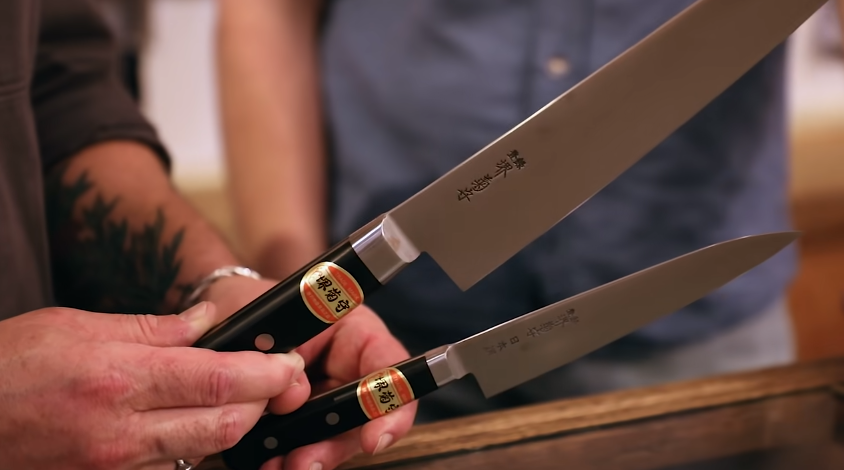
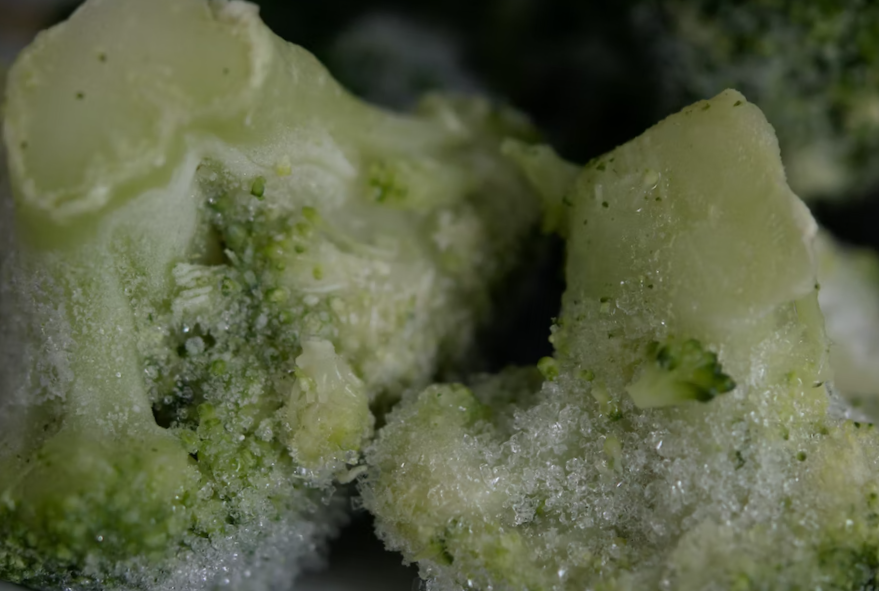

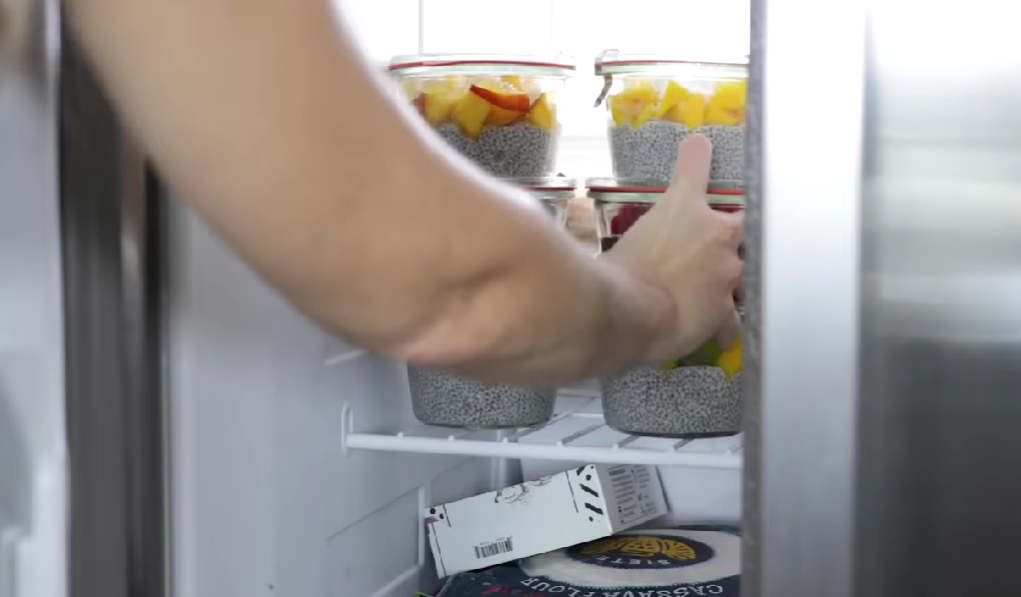

![Can you Cook Eggs in the Microwave? [Complete Guide]](/assets/images/c1f79d1cad59f18f9b5dc31403bd0eb2.png)
